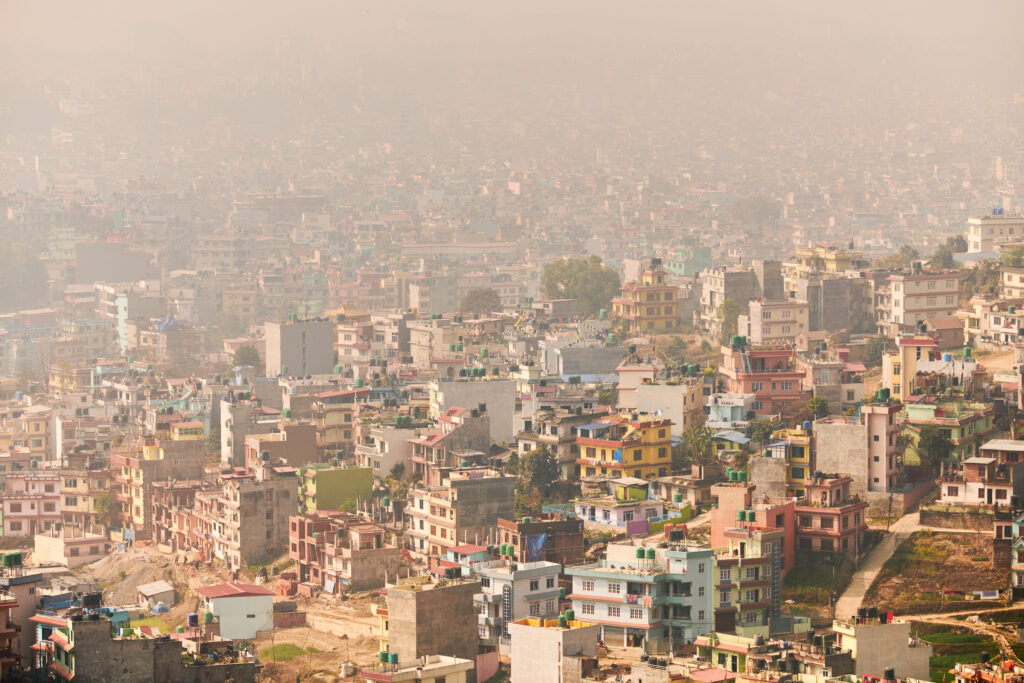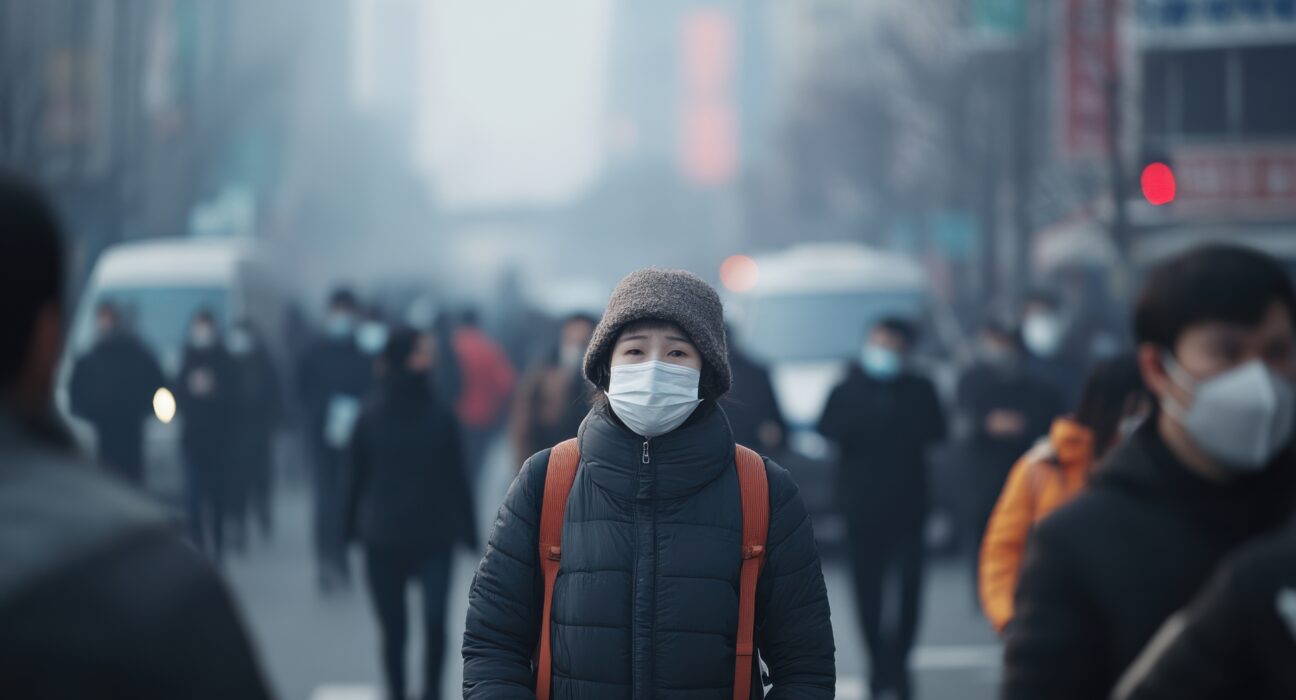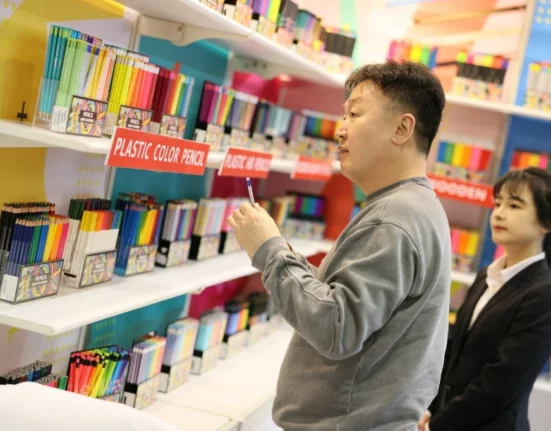PM2.5—those ultra-fine, dangerous air particles—are a growing global problem. At just 2.5 microns in size (about 1/25th the width of a human hair), they can easily enter the lungs and bloodstream, increasing the risk of respiratory diseases, heart conditions, and even cancer. These pollutants come from vehicle emissions, industrial factories, coal power plants, and everyday fuel combustion.
While short-term fixes like spraying water into the air and cloud seeding can temporarily reduce pollution, they don’t address the root cause. That’s why countries worldwide are implementing bold, creative solutions to tackle PM2.5. Here’s how some of them are fighting back:
China: From Coal to Clean Energy
China has taken aggressive action by shutting down coal plants and promoting cleaner energy. To discourage pollution, the government introduced an environmental tax of 12 yuan per unit of air pollution. They also formed the Smog Squad, a task force patrolling cities to crack down on activities that generate smoke, like outdoor grilling.

South Korea: Free Public Transport & High-Tech Monitoring
To reduce traffic-related pollution, South Korea offers free public transportation on high-pollution days. They also use drones to monitor suburban and industrial areas for illegal emissions and carbon dioxide leaks.
India: Banning Diesel Taxis
Diesel engines are a major source of air pollution, so India has banned diesel-powered taxis in an effort to cut emissions. This pushes transportation services toward cleaner alternatives, helping reduce the dense smog that often blankets major cities.

France & Spain: Restricting Cars in Major Cities
France has banned cars made before 1997 from entering city centers on weekdays, while Spain has introduced low-emission zones in Madrid, requiring vehicle owners to pass emissions tests. Both countries are encouraging people to switch to hybrid and electric vehicles.
Germany: Making Parking Inconvenient
Germany has made parking near residential areas expensive and difficult, encouraging people to rely more on public transport. With fewer cars on the road, pollution levels naturally decline.
UK: Banning Polluting Household Fuels
In an effort to tackle home-related emissions, the UK has banned polluting fuels like coal and certain types of wood used for heating and cooking.
Cycling: A Global Push for Cleaner Cities
Many countries are actively promoting cycling as an alternative to driving. Besides improving air quality, cycling also boosts overall health. Governments are investing in better bike lanes and secure parking to encourage more people to adopt this eco-friendly mode of transport.
A Global Effort for Cleaner Air
PM2.5 pollution isn’t just a local issue—it’s a worldwide crisis that demands action. As these examples show, governments are getting creative in their fight against air pollution, from policy changes to innovative technology. But change isn’t just up to them. Every small effort—whether it’s using public transport, choosing cleaner energy, or simply cycling instead of driving—makes a difference.
If we all do our part, we can breathe a little easier and create a cleaner, healthier world.
Written by : Dr. Jakkrit Siririn















Leave feedback about this